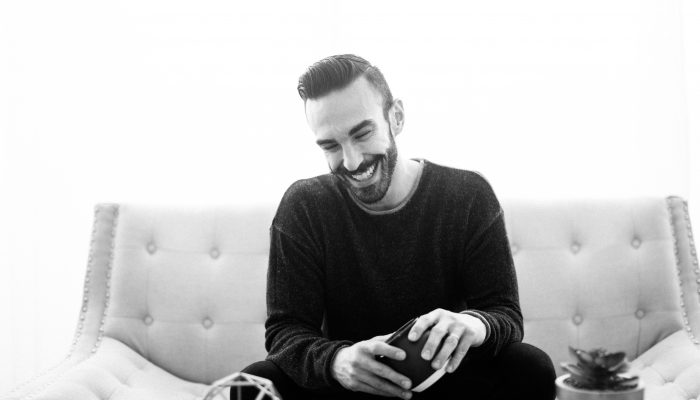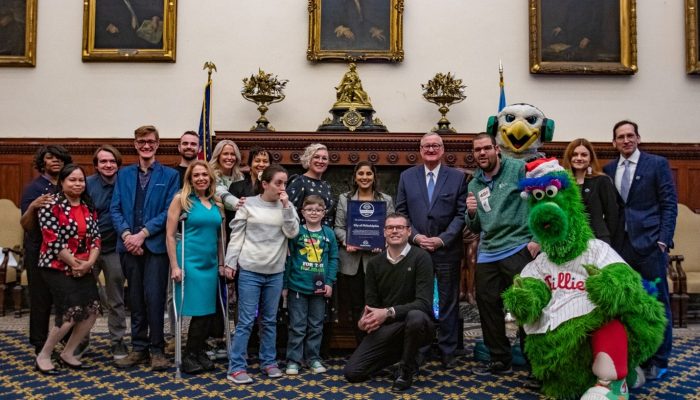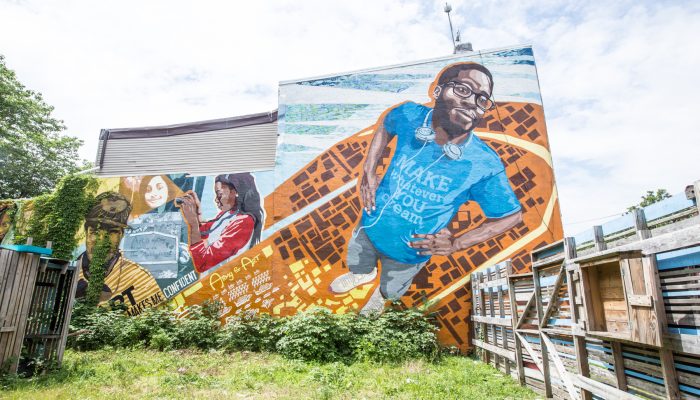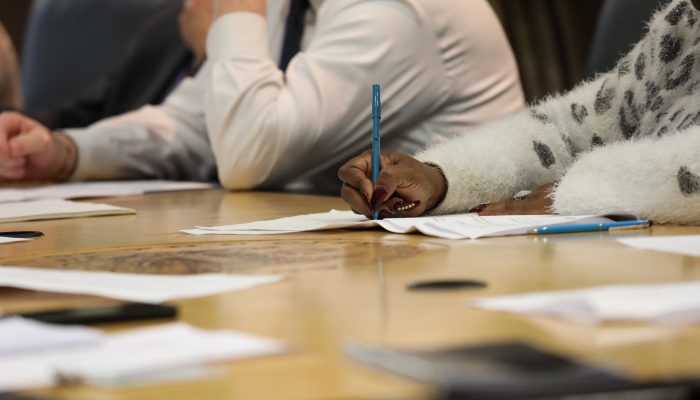October is National Disability Awareness Month and the theme for this year—through the US Department of Labor—is inclusion. We at the Mayor’s Office of Diversity, Equity, and Inclusion are making an intentional effort to elevate important issues through personal connections. . Last month, Amy Nieves, Executive Director of the Office for People with Disabilities, wrote a post about highlighting her personal story in recognition of National Recovery Month. These stories represent ways we can use personal experience to showcase our advocacy, as we work towards building an inclusive, equitable, and diverse Philadelphia.
As a trauma and sexual assault survivor living with an invisible disability and neurodivergence, I feel it is important to note that as people with disabilities, we often don’t feel we can bring in other aspects of our lived experience into our requests for support, accommodations, or transparency. However, in an effort towards inclusion through Executive Order 1-20, signed by Mayor Kenney in 2020, our office has highlighted ways we encourage inclusion—which is the feeling of being heard, seen, and affirmed.
Past trauma informs my disability, which is impacted by surviving trauma and abuse. While that’s not easy to say out loud, in doing so, I’m able to come to work, daily, as my most authentic self. Not everyone is able to be transparent and open about their experience, and that is okay too. Inclusion means meeting people where they are, regardless.
We are open, aware, supportive, and culturally humble to everyone else’s experience. For the first time in my professional career, I’ve been able to be open about my experiences. It was vulnerable, hard, and at times scary. Yet, I was met with compassion and empathy by everyone. It is important to respect each person’s life experience and learn from them. That is the very essence of inclusion. Through that experience, I felt I could be open about my needs as a full person—not only a person with a disability but a LatinX, Gender Queer person with an invisible disability. I wasn’t defined by my disability, I was respected for it, and encouraged.
If you or someone you know is struggling with navigating inclusion as a person with a disability, we encourage you to explore resources through the City’s Office of People with Disabilities.
Together, through inclusion, our offices help ensure those with disabilities have equal and equitable access to:
- Employment opportunities.
- Accessible and affordable housing.
- Elementary and secondary education.
- Healthcare.
- Recreation, arts, and culture.
- Government services and buildings.
Together, we can continue to work towards inclusion, which starts with the ability to ask for what you need and trust that there are people to advocate, educate, and support you towards living authentically. Inclusion in our office allowed me the ability to be myself, fully, for the first time in my professional life. It’s never perfect, but it’s a start, and that makes all the difference.

Peter Andrew Danzig (they/them/theirs)
Director of Training & Capacity Building, Mayor’s Office of Diversity, Equity, and Inclusion
Proud trauma survivor, LatinX, Gender Queer person with an invisible disability




